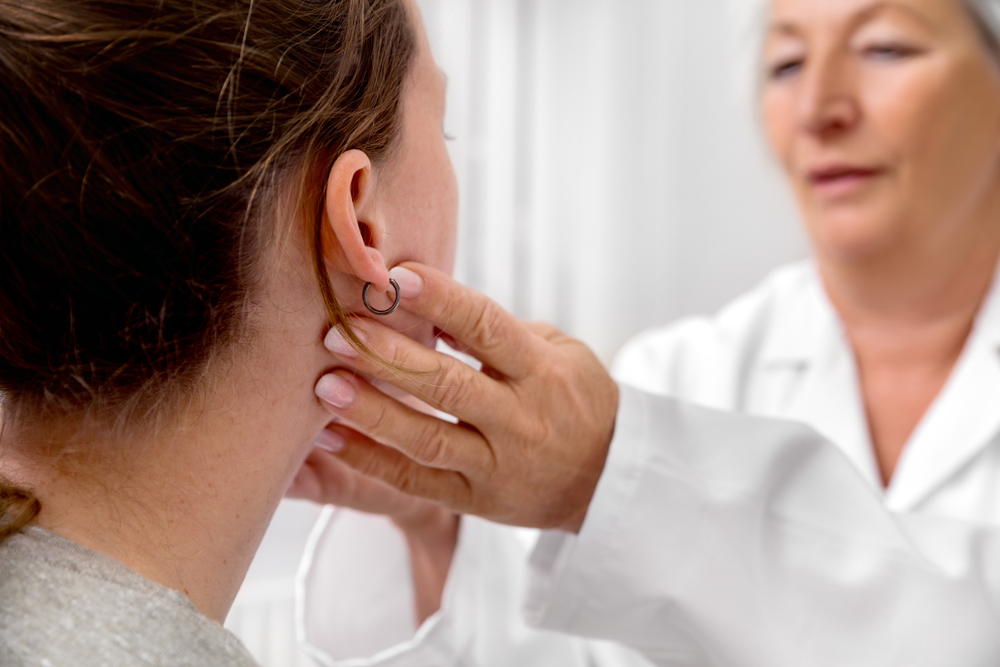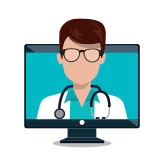What Are the Symptoms from Mononucleosis?
More than 3 million individuals in the United States will have mononucleosis each year because this health condition is transmitted from contaminated saliva. This disease is more common in teenagers and young adults, but it can also occur in other age groups. The symptoms from mononucleosis are similar to other conditions, making it difficult to know if you have this condition or if you have a cold.
Some of the symptoms include:
- Fatigue
- Swollen glands
- Sore throat
- Rash
- Fever
- Enlarged spleen
- Headaches
- Enlarged liver
This health issue is often referred to as the kissing disease, but it is also transmitted from bad sanitation habits such as sharing drinks or eating utensils.
Physical Examinations for Mononucleosis
This infection is caused by the Epstein-Barr virus, and in many cases, you will need medication to help you overcome the disease. At an urgent care center, a physician can provide a physical examination to determine if you have mononucleosis rather than having strep throat, tonsillitis or some other medical issue. The physical examination will include checking for the skin rash and looking for swollen glands in the mouth, neck, and armpits. Our physician will also examine your abdomen to determine if your liver or spleen is swollen. The spleen and liver can enlarge because these organs are fighting against the Epstein-Barr virus.
Blood Test for Mononucleosis
Mononucleosis testing requires collecting a small sample of blood from your forearm so that a laboratory technician can examine the sample by looking for an excessive number of white blood cells. If your mononucleosis test is positive, then you should follow our physician’s treatment plan. Antibiotics will not destroy the Epstein-Barr virus, but your body’s immune system can fight against mononucleosis naturally. It is important to help your body resist and overcome the infection by resting more, eating a nutritious diet or taking dietary supplements.
Possible Complications from Mononucleosis
You can take over-the-counter pain relievers along with gargling with antiseptic mouthwashes to reduce the pain in your body and throat. The Epstein-Barr virus can spread to others, especially in family groups, so it is important to use proper sanitation methods. The average individual will recover from mononucleosis in two to four weeks, but it is possible to have complications from the Epstein-Barr virus. You can have complications from mononucleosis, including an obstructed throat from enlarged glands or having a ruptured spleen.
Come into WellCare
If you have any symptoms of mono it is imperative that you get checked by a medical professional immediately. Mono can cause worse problems if left untreated. Come into WellCare Urgent Care center to get a proper diagnosis and treatment plan. You can schedule a same-day appointment online at both our Cascade and Leonard offices.





